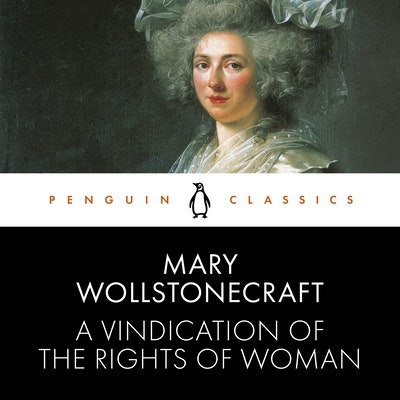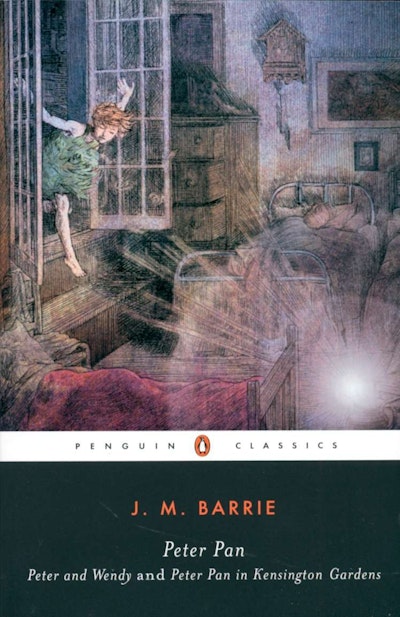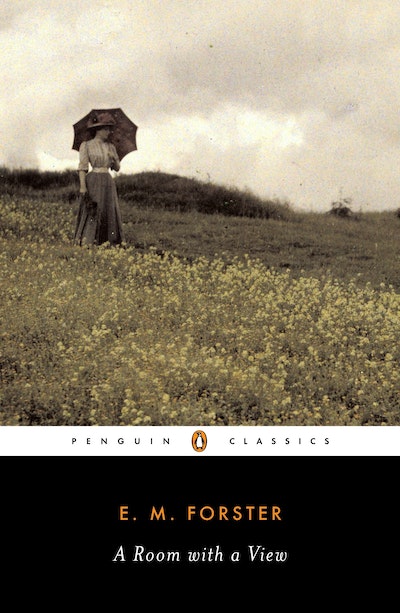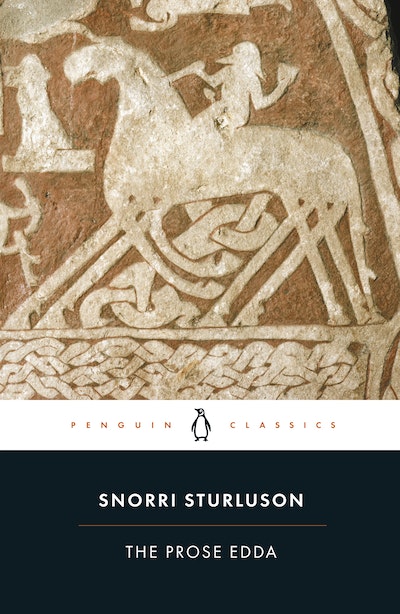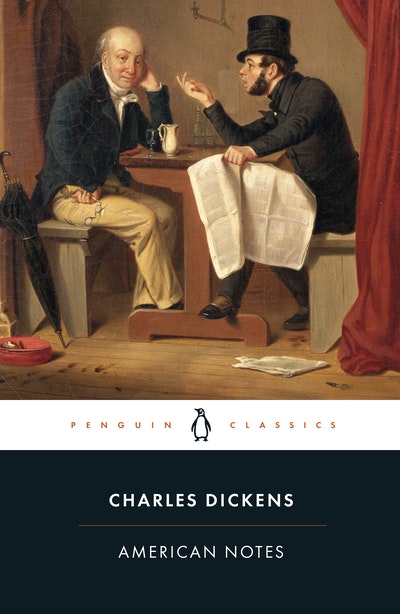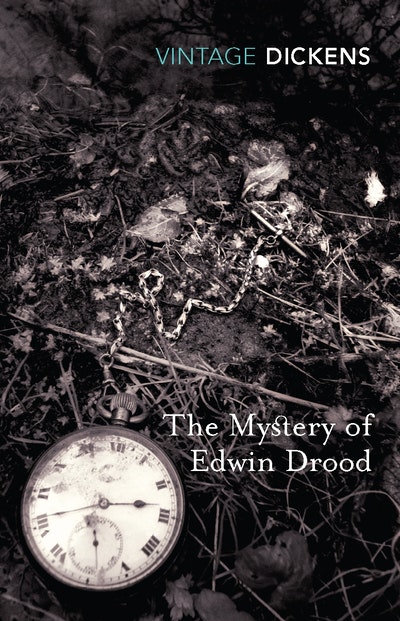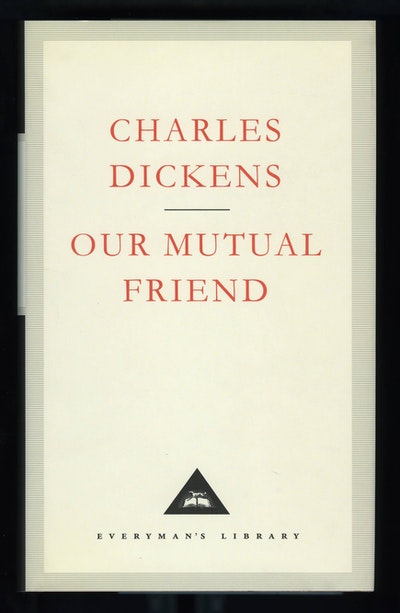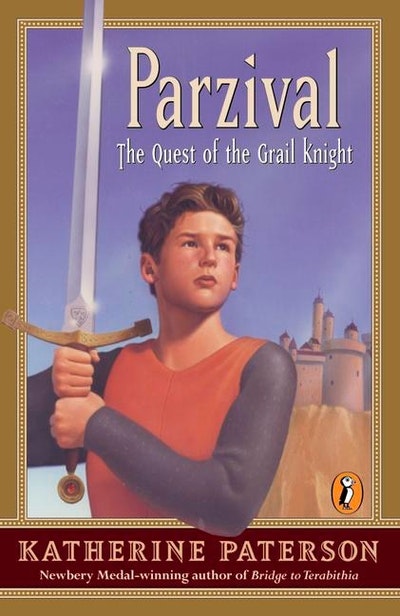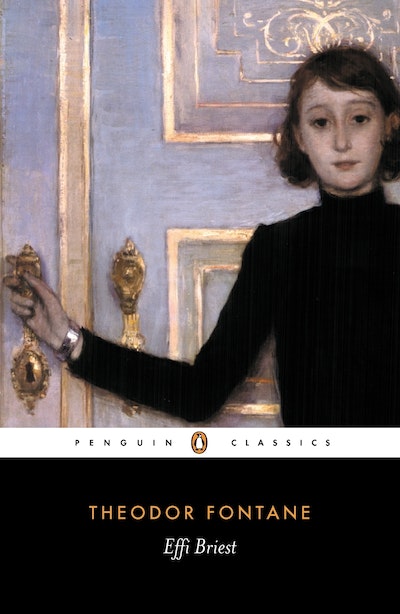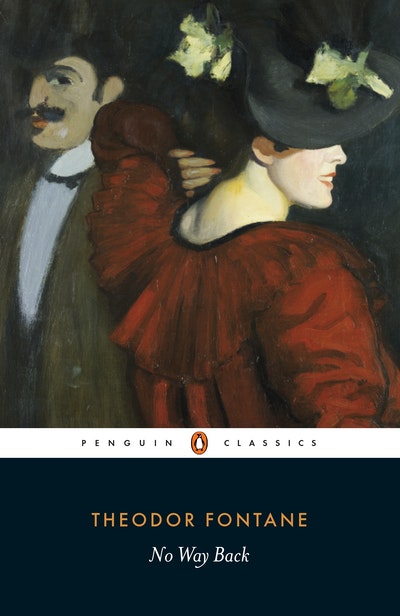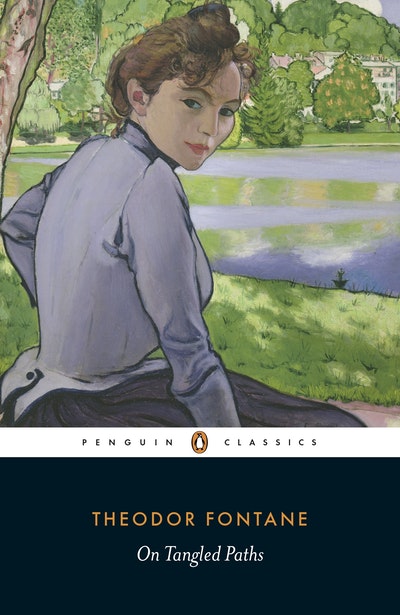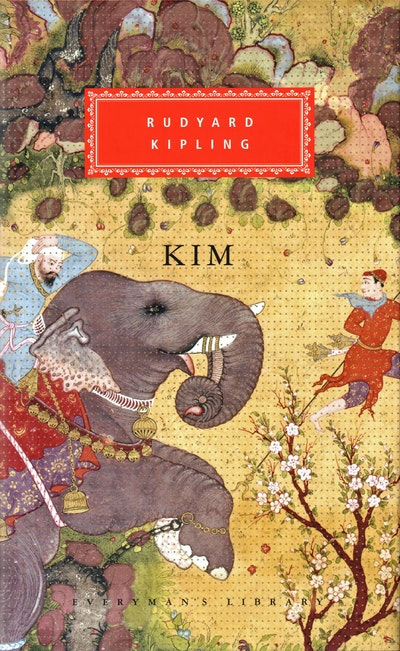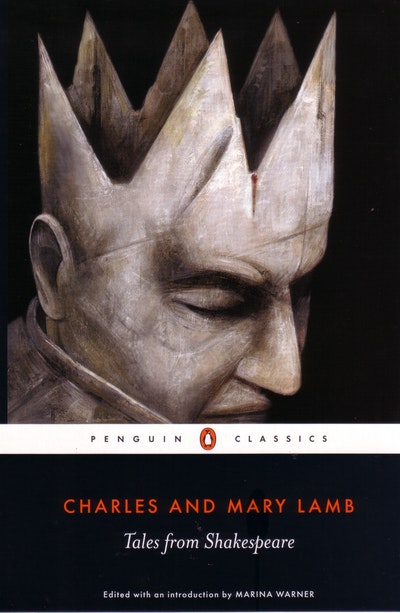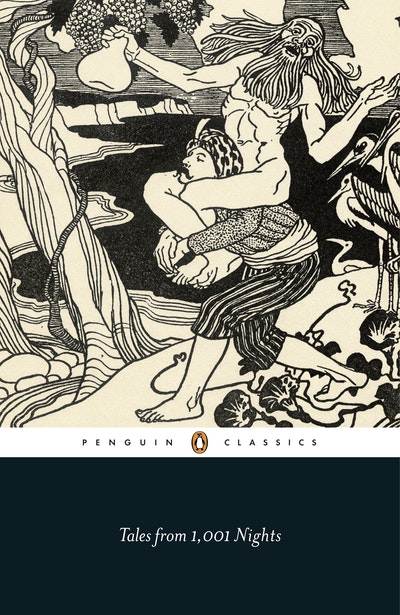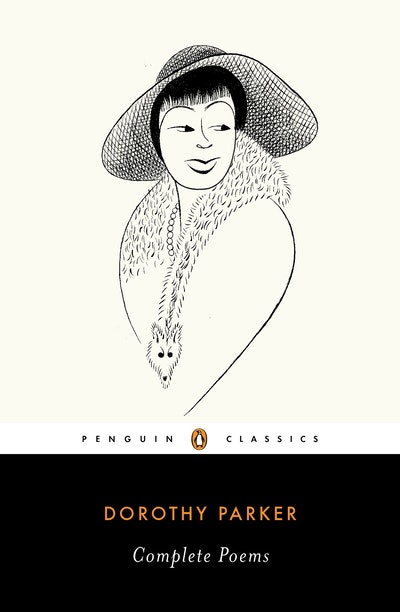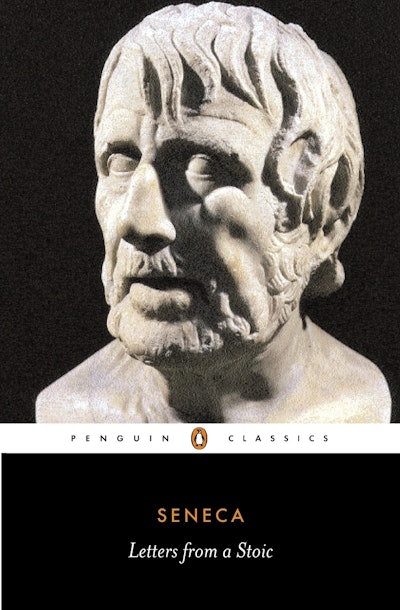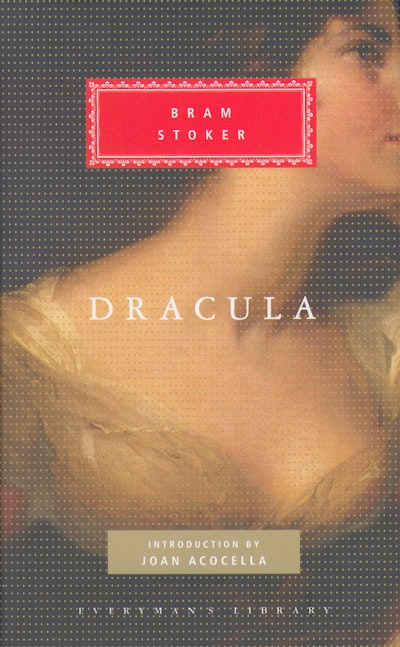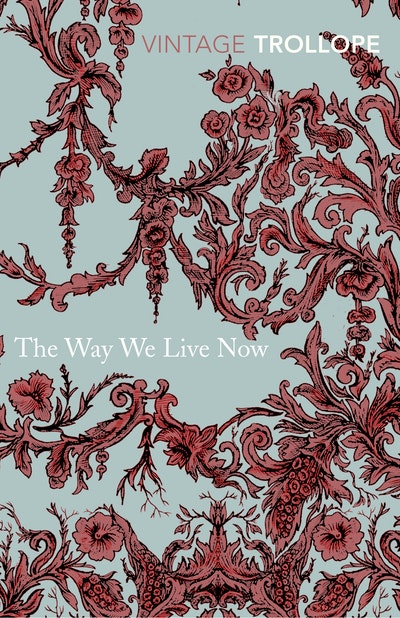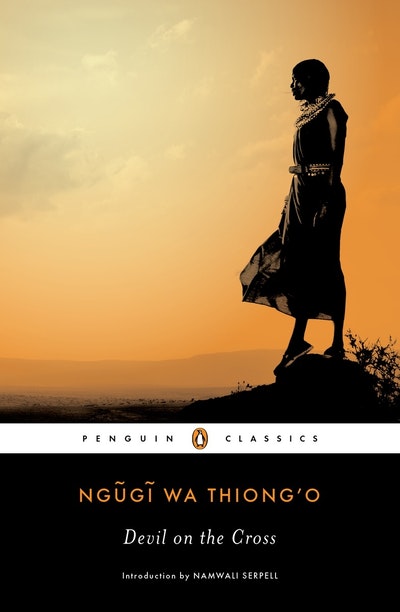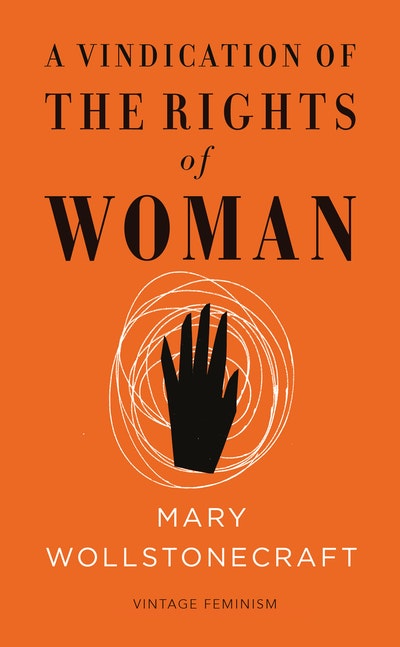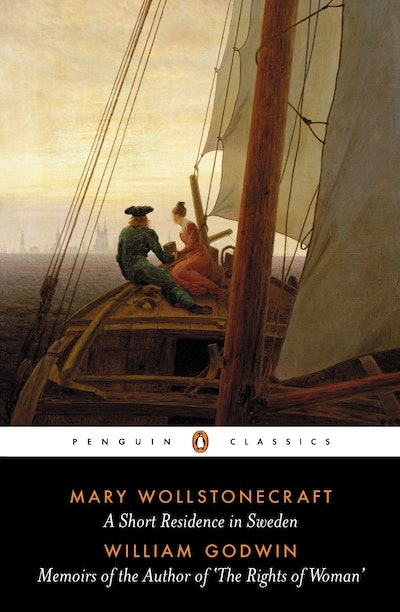- Published: 26 September 2019
- ISBN: 9780241422557
- Imprint: Penguin Audio
- Format: Audio Download
- RRP: $27.99
A Vindication of the Rights of Woman
One of the strongest and earliest arguments for the importance of female equality
Brought to you by Penguin.
This Penguin Classic is performed by celebrated British novelist Jeanette Winterson, CBE. This definitive recording includes an introduction to the audio edition written and performed by Jeanette Winterson.
Writing in an age when the call for the rights of man had brought revolution to America and France, Mary Wollstonecraft produced her own declaration of female independence in 1792. Passionate and forthright, A Vindication of the Rights of Woman attacked the prevailing view of docile, decorative femininity, and instead laid out the principles of emancipation: an equal education for girls and boys, an end to prejudice, and for women to become defined by their profession, not their partner. Mary Wollstonecraft's work was received with a mixture of admiration and outrage - one critic called her 'a hyena in petticoats' - yet it established her as the mother of modern feminism.
(c) 1792, Mary Wollstonecraft (P) 2019 Penguin Audio
- Published: 26 September 2019
- ISBN: 9780241422557
- Imprint: Penguin Audio
- Format: Audio Download
- RRP: $27.99
Other books in the series
About the author
Mary Wollstonecraft was born in 1759 in Spitalfields, London. After an unsettled childhood, she opened a school following which, her first work, Thoughts on the Education of Daughters, was published in 1787. After a stint as governess in Ireland, she continued to write and published several other works including Mary (1788), A Vindication of the Rights of Men (1790) and her most famous, A Vindication of the Rights of Woman (1792). That year she travelled to Paris where she met Gilbert Imlay, by whom she had a daughter, Fanny. Her travels around Scandinavia with her baby daughter in 1795, inspired her travel book Letters Written during a Short Residence in Sweden, Norway and Denmark, but on returning to London Imlay’s neglect drove her to two suicide attempts. In 1797 she married William Godwin, and had a daughter, the future Mary Shelley. Wollstonecraft died of septicaemia shortly after the birth.
Praise for A Vindication of the Rights of Woman
Mary Wollstonecraft's words ring as true today - and are as little heeded by government - as when she wrote them, 200 years ago, in her A Vindication of the Rights of Woman
Guardian
The first pebble in the later avalanche of the women's rights movement
Melvyn Bragg, Guardian
A book that was bold in its time and is now considered the notable forerunner of the women's movement
New York Times
The first great piece of feminist writing
Independent
Changed the world for generations of women to come
Sunday Times
A radical, rationalist and revolutionary, Wollstonecraft combined faith in both reason and emotion in her seminal work, A Vindication of the Rights of Woman
Sunday Times
Her voice is as fresh and as urgent as ever
Bee Rowlatt, Telegraph
A classic of post-revolutionary thought, shaped by the Enlightenment, Wollstonecraft’s Vindication changed life for women the world over
Guardian
You’ll still find, articulated in thrilling clarity, the essence of Wollstonecraft’s argument for the education of women, and for an increased female participation in everyday society… A classic of post-revolutionary thought, shaped by the Enlightenment, Wollstonecraft’s Vindication changed life for women the world over.
Robert McCrmum, Guardian
